Apple TV+ took an ambitious risk when it decided to adapt Min Jin Lee’s epic novel Pachinko for the screen. After all, it’s a mammoth task trying to get such a big-budget trilingual period drama right without compromising on any of the cultural aspects of all places the story takes place in.
Pachinko follows the struggles of a Korean immigrant family across four generations, through the Japanese occupation of Korea, the impact and racism that followed, and the Westernization of Japan. It’s an epic about family, race, and how stories are woven from one generation to the next.
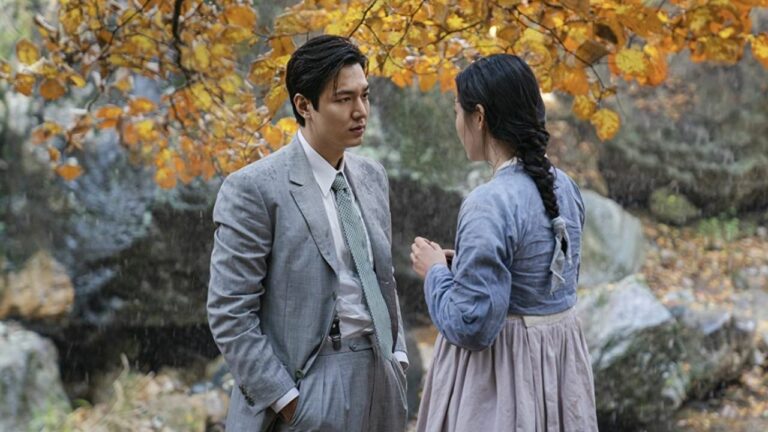
In recent times, with titles like Parasite, Minari, and Squid Game, the Korean entertainment industry has certainly garnered a lot of international audiences. And when Apple TV+ released the series’ official trailer back in February, it promised a story that deserves all the attention.
However, as Apple’s first major trilingual U.S. series, which uses Korean, Japanese, and English, Pachinko was a bigger and riskier project that proves that it was worth the gamble based on its premiere episodes.
“Pachinko” is a pinball-like gambling device in Japanese, and so the title refers to how the story of Sunja and her family is like a game of gamble—sometimes you win, and sometimes you lose.
The story begins in Busan, through the eyes of a young Sunja, the only daughter of Korean boarding house owners, as we follow her on her childhood journey.
As Sunja’s mother Yang Jin struggles to conceive, baby Sunja being born is a spiritual blessing, promising that their family line would continue through her.
Young Sunja learns about Japan’s colonization of Korea in 1910, a time when Japan had occupied Korea and prioritized the nation’s Japanization and stifling any forms of resistance from the citizens.
A few years later, as a teenager, Sunja begins to discover her place in the world, her emotions, and her sexuality. She then meets Koh Hansu, a businessman with a shady backstory.
Hansu puts Sunja in such a situation that she is forced to uproot her life and escape to Japan with the help of the generous Isak Baek. And thus begins Sunja’s story of immigration and how she’ll survive in a land where her people were faced with discrimination.
Establishing the third phase of Sunja’s life, the story takes us to 1989, where an older Sunja (Youn Yuh-Jung) longs to go back to Korea. Here the story starts to deviate from Sunja and instead focuses on her grandson Solomon as he faces the inter-generational racism still prevalent in Japanese society.
Solomon is determined not to follow his father, Mozasu’s path of running a pachinko parlor. So, Solomon gets an American education and a nice job in a big banking firm.
To rise further in the company, Solomon needs to get a Korean landowner to sell her property. However, as a Korean immigrant, this home means a lot to her, whereas Solomon can only see it as a golden opportunity.
At one point, Solomon brings along Sunja to convince her, where the two women share a familiar bond over white rice that the grandson misses catching onto. In such a complex manner, Pachinko finds its rooting to tell the stories of different struggles faced by a family through generations.

Instead of segregating the generations like Min Jin Lee’s novels did, series creator Soo Hugh decided to intertwine the stories of all four generations into one intricate tale. The series hops between different timelines and character perspectives from time to time, which isn’t that difficult to follow but takes some getting used to.
Starring Oscar-winning actress Youn Yuh-jung alongside Lee Min-ho, Kim Min-ha, Soji Arai, Jin Ha, the series is co-directed by Kogonada and Justin Chon.
While talking to The Korea Times, Hugh noted that the story is mainly about humanity,
“There’s no doubt that Sunja is the anchor of the story, but it’s also about humanity in general. There’s an episode told from Hansu’s perspective, and another episode is about a child getting his dad taken away… it’s Sunja’s story, but there’s also a broader scope to it.”
Kogonada also called it a universal tale about the struggles that families endure striving for a better life,
“I think this story is specific to Korean history, but it is also deeply universal. Even today, we know that people are being displaced, and families are having to make choices on how to survive. And this is a common story throughout history. So we knew that this would be a story for everyone because it’s an ongoing quest for perseverance and endurance as a family.”
The first three episodes of Pachinko are now available to stream on Apple TV+, with new episodes releasing weekly on Fridays.
About Pachinko
Pachinko is a 2022 Korean drama from Apple TV+ directed by American actor-director Justin Cho and Kogonada, a South Korean filmmaker. The series is based on a trilogy of the same name written by Lee Min-jin, who also serves as an executive producer.
The drama stars history-making Academy-award winner Youn Yuh-jung, veteran Lee Min-ho, Jin Ha, Anna Sawai, Soji Arai and debuts Kim Min-ha.
The emotional rollercoaster of an epic saga, Pachinko lays bear the generational journey full of struggle, love, betrayal and choices by following the life of a Korean immigrant family.
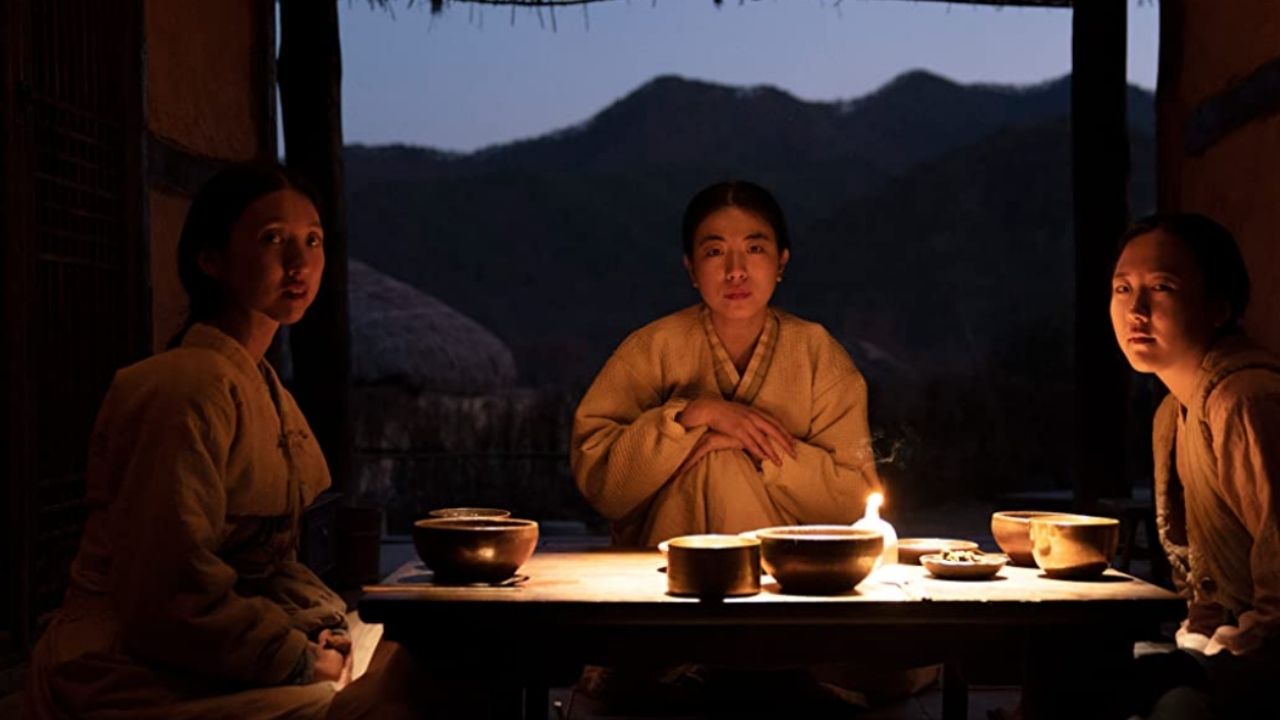
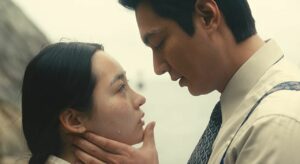
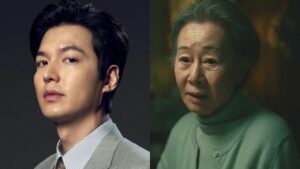
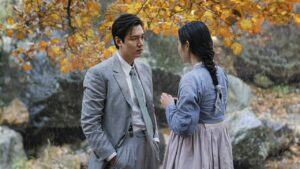

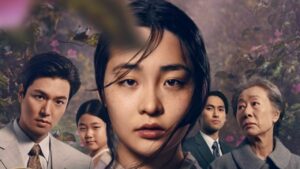
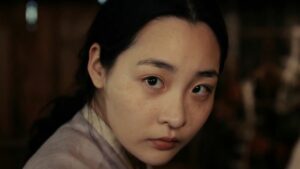


No Comments on Pachinko Premiere: Apple TV’s Trilingual Drama Gamble Pays off Well